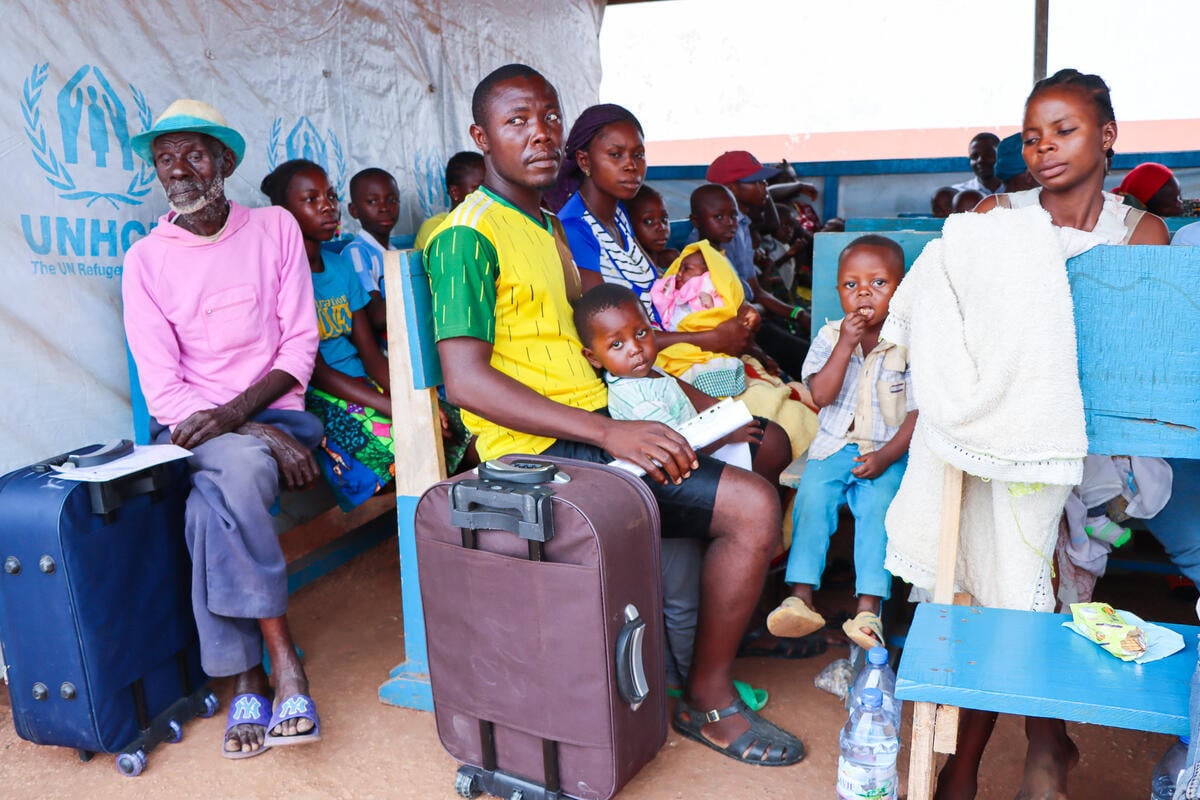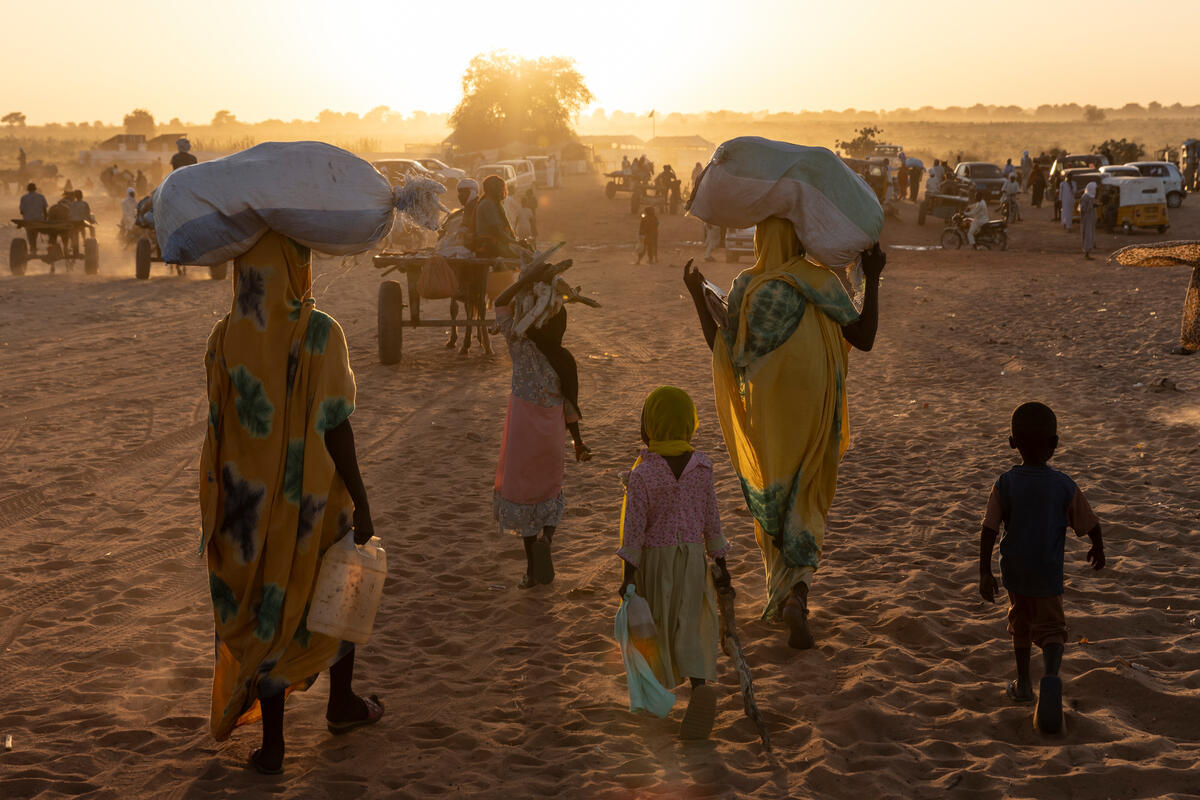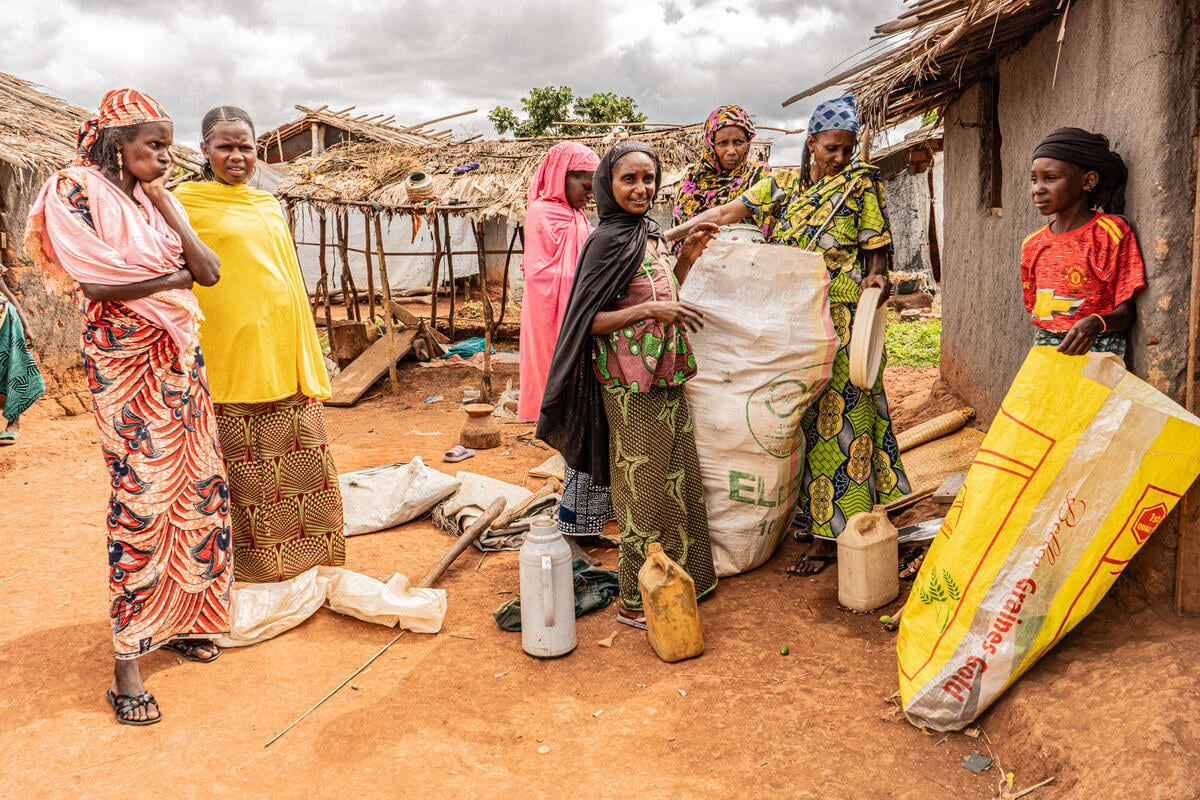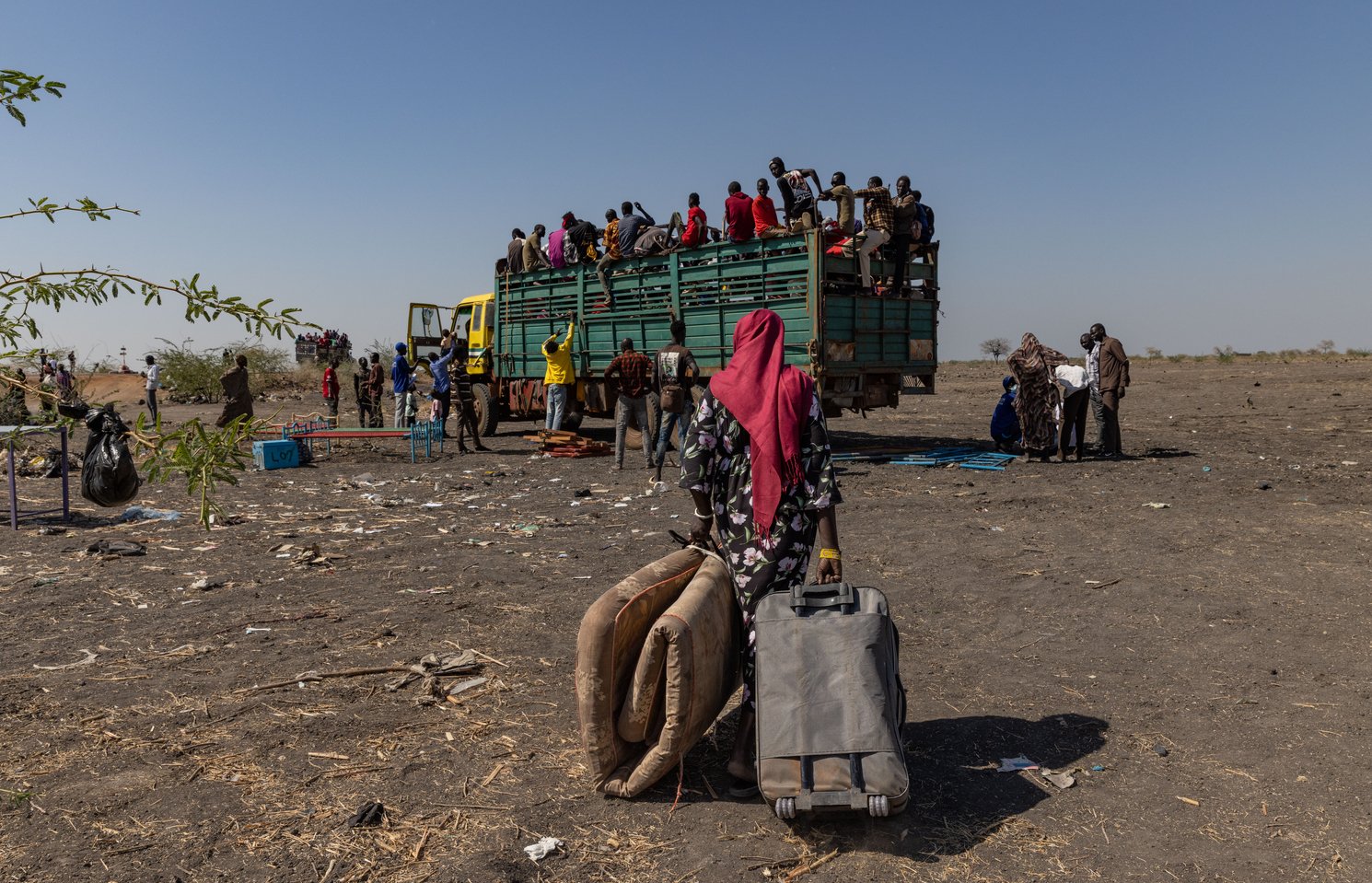UN: Central African Republic at risk of becoming the world's largest forgotten humanitarian crisis
UN: Central African Republic at risk of becoming the world's largest forgotten humanitarian crisis
With nearly 900,000 people from the Central African Republic (CAR) forcibly displaced since the outbreak of violence in December 2013, the CAR crisis is quickly becoming the largest forgotten humanitarian crisis of our time. There are more than 460,000 CAR refugees in neighbouring countries and some 436,000 people are internally displaced. In the Central African Republic, a total of 2.7 million people are in need of humanitarian aid.
Yet humanitarian assistance programmes both for the Central African Republic and the Regional Refugee Response plan remain dramatically underfunded, with funding levels of only 14 per cent for programmes inside CAR and 9 per cent of the refugee programmes in the neighbouring countries.
"We must prevent the Central African republic from becoming a forgotten crisis," said Claire Bourgeois, the UN's Humanitarian Coordinator in the strife-torn country. "The current funding for the strategic humanitarian response does not allow us to ensure the protection of all these displaced persons or to provide the minimum of what is needed to meet the huge humanitarian needs."
Violence between various armed groups continues to plague especially in the central part of the country preventing many people from returning home. The transitional authorities, with support of the international community, are struggling to restore law and order, which allowed some to return to other parts of the country.
UNHCR and partners are struggling to provide an adequate level of assistance to the refugees in the four neighbouring countries: Cameroon, Chad, the Republic of Congo and the Democratic Republic of the Congo. Registration and relocation of the refugees to safer areas in the country of asylum, key protection activities, are ongoing and UNHCR continues to provide the most basic lifesaving assistance, but important activities such as primary education are lacking because of funding shortages.
"It is critical that the international community does not forget about the Central African Republic", said Liz Ahua UNHCR's Regional Refugee Coordinator. "Important progress has been made and we cannot allow these gains to be undone because of lack of funding and support". There are two crucial milestones coming up in the peace process. The first will be the Bangui Forum on national Reconciliation, bringing all parties together in May to address the political and security issues that lay at the centre of the crisis. The second mile stone will be the national elections scheduled for August. The participation of internally displaced people and refugees in both processes will be crucial to their success.
"In addition to the immediate humanitarian response, we also call on partners working in transition and early recovery to step up and help families restore their livelihoods and resilience," Claire Bourgeois said. "We also need partners supporting the judicial system to accelerate their support in the fight against impunity for crimes committed in the CAR crisis," she added.
The CAR situation by numbers:
Total population: 4.6 million
Number of people in the Central African Republic in need of humanitarian assistance: 2.7 million
CAR refugees in Cameroon, Chad, Republic of the Congo and the Democratic Republic of the Congo: 461,410, including 219,728 who fled the country since December 2013.
Internally displaced people in the Central African Republic: 436,119, including 43,592 in Bangui
Strategic Response Plan inside CAR (OCHA and 115 partners) http://fts.unocha.org/
- Requirements: USD 613 million
- Funding received: USD 85 million (14 %)
Regional Refugee Response Plan in the neighbouring countries (UNHCR and 17 partners) http://www.unhcr.org/553605ea9.html
- Requirements: USD 331.2 million
- Funding received: USD 29 million (9 %)
For more details, please contact:
- UNHCR: Karin de Gruijl + 41 79 255 9213
- OCHA: Jens Laerke + 41 70 472 9750








